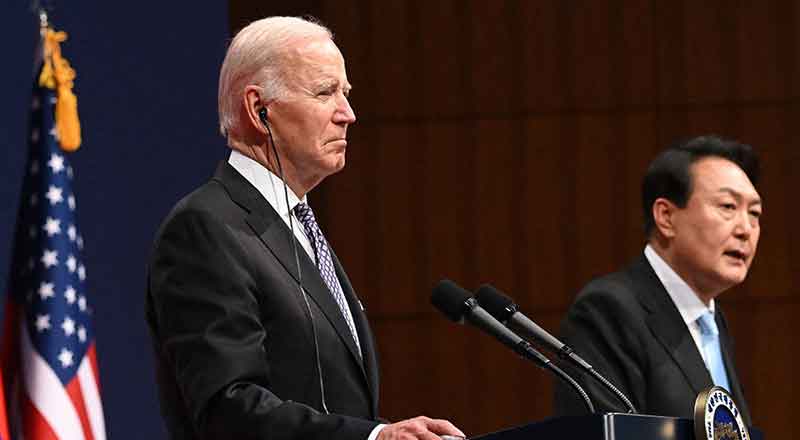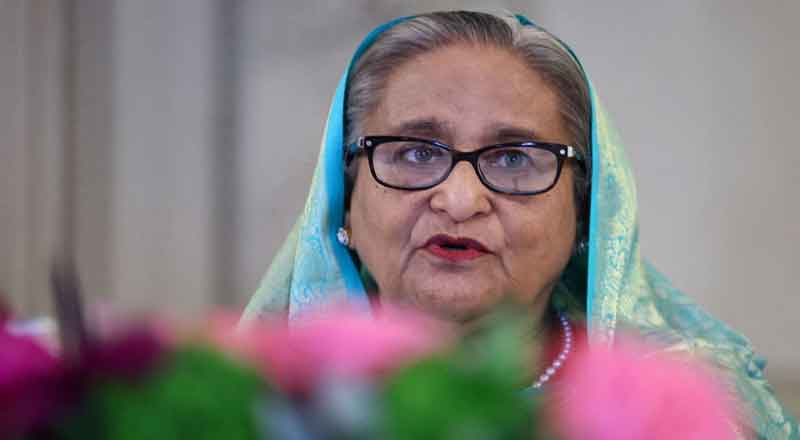According to the government, China continues to illegally occupy approximately 38,000 square km of Indian territory.
China continues to be in illegal occupation of approximately 38,000 square km of Indian territory in the Union Territory of Ladakh for the last six decades, the government said in Lok Sabha on Friday.
Minister of State for External Affairs V Muraleedharan said that Pakistan illegally ceded 5,180 sq km of Indian territory in Shaksgam Valley to China in 1963 from areas illegally occupied by it.
“China continues to be in illegal occupation of approximately 38,000 sq kms of Indian territory in the Union Territory of Ladakh for the last six decades,” he said in a written reply to a question in Lok Sabha.
“Further, under the so-called China-Pakistan ‘Boundary Agreement’ signed in 1963, Pakistan illegally ceded 5,180 sq kms. of Indian territory in Shaksgam Valley from areas illegally occupied by Pakistan in Union Territory of Ladakh to China,” Muraleedharan said.
He said the government of India has never recognised the so-called China-Pakistan ‘Boundary Agreement’ of 1963 and has consistently maintained that it is illegal and invalid.
“The fact that the entire Union Territories of Jammu & Kashmir and Ladakh are an integral and inalienable part of India has been clearly conveyed to Pakistani and Chinese authorities several times,” he said.
“This bridge is being constructed in areas that have continued to be under the illegal occupation of China since 1962,” he said. “Government of India has never accepted this illegal occupation. The government has made it clear on several occasions that the Union Territories of Jammu and Kashmir and Ladakh are an integral part of India and we expect other countries to respect India’s sovereignty and territorial integrity,” he added.
About the eastern Ladakh border standoff, Muraleedharan, India and China have maintained dialogue through both diplomatic and military channels for disengagement in the remaining areas.
“Our approach in these talks has been and will continue to be guided by three key principles, that, (i) both sides should strictly respect and observe the LAC (ii) neither side should attempt to alter the status quo unilaterally; and (iii) all agreements between the two sides must be fully abided by in their entirety,” he said.
Muraleedharan said the last round of talks between the senior commanders of India and China was held on January 12 and they agreed that both sides should follow the guidance provided by their leaders and work for the resolution of the remaining issues at the earliest as this would help in the restoration of peace and tranquillity in the region and enable progress in bilateral ties.
He also said that the government has noted reports of renaming of some places by China in the Indian state of Arunachal Pradesh.
“This is a futile exercise that will not alter the fact that Arunachal Pradesh has always been, is and will always be an integral part of India,” he said.





